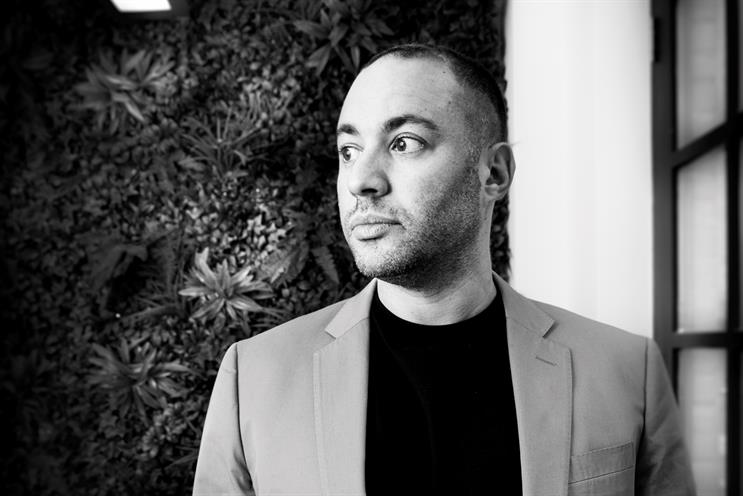
We are all natural storytellers. Not in the same league as Shakespeare, Tarantino or Banksy, but by the end of an average day we will have told dozens of stories without realising it. In fact, personal stories and gossip make up about 65% of our conversations.
We think in narratives all day: what’s the quickest way to get to work, what’s making the headlines, what’s the latest on the Brexit negotiations - storytelling is the very essence of being human and a way of making sense of the world.
Quite simply it’s evolution – our brains are hardwired to understand and retain stories, with the best and most memorable ones tapping into people’s emotions.
Emotional connections
As much a science as it is an art, storytelling is something comms professionals have known for years and they’ve become skilled in helping brands ‘talk in stories’ – whether through words or the moving image – to forge those powerful connections.
Telling a brand story doesn’t have to mean a huge budget or a big production with endless special effects or props. Some of the best brand films have been shot overnight or in a day, using handheld cameras or very little kit. The key is to have a great story, tell it well and make the audience feel something.
While the rise of storytelling has been dubbed the ‘new marketing’ and has fundamentally changed the marketing mix, advertising still has a crucial role to play. A brand film won’t replace a Christmas ad during The X Factor, but brand storytelling can provide consistent, ongoing messaging over a longer campaign period.
Authenticity and credibility
Audiences don’t care who serves up the content – it’s more important that the message is real and resonates, especially in these unstable times. Against a backdrop of fake news, uncertainty about Brexit, the threat of terrorism and the US-North Korea situation, our clients are telling us that consumers are looking for authentic, credible content they can trust.
Which leads us back to storytelling – stories produce trust. But not just any story will do.
Consumers want to be moved
Dig deep into a brand’s history and story, because there is always an emotional story to be told. But it’s the telling that is crucial. Get it right and you will create authenticity and trust; get it wrong and you’ll be having a Pepsi moment.
It’s easy to single out the likes of Apple and Airbnb, which make storytelling and tapping in at the emotional level look easy, but good storytelling can ramp up the emotions for even the most functional brand.
When 164-year-old elevator company Otis wanted to differentiate itself in a highly competitive market, it turned to storytelling. Shifting the perception of a lift being solely for utility, an emotive brand film looked behind the elevator doors and uncovered stories of friendship, love and new beginnings. This unexpected approach won the company plaudits and new fans.
Meanwhile, Eurostar recently announced it is shifting its marketing focus to create an emotional
connection with its audience through its "Travel state of mind" campaign, and there’s no doubt that more B2B brands will be turning to storytelling to forge similar emotional connections.
What is clear is that it’s an exciting time to be a storyteller. Consumers have a seemingly insatiable appetite for stories and information, and with an always-on world providing a wide variety of channels and platforms to tell those stories, it truly is a golden age of storytelling.
James Myers is group managing director at TVC Group






